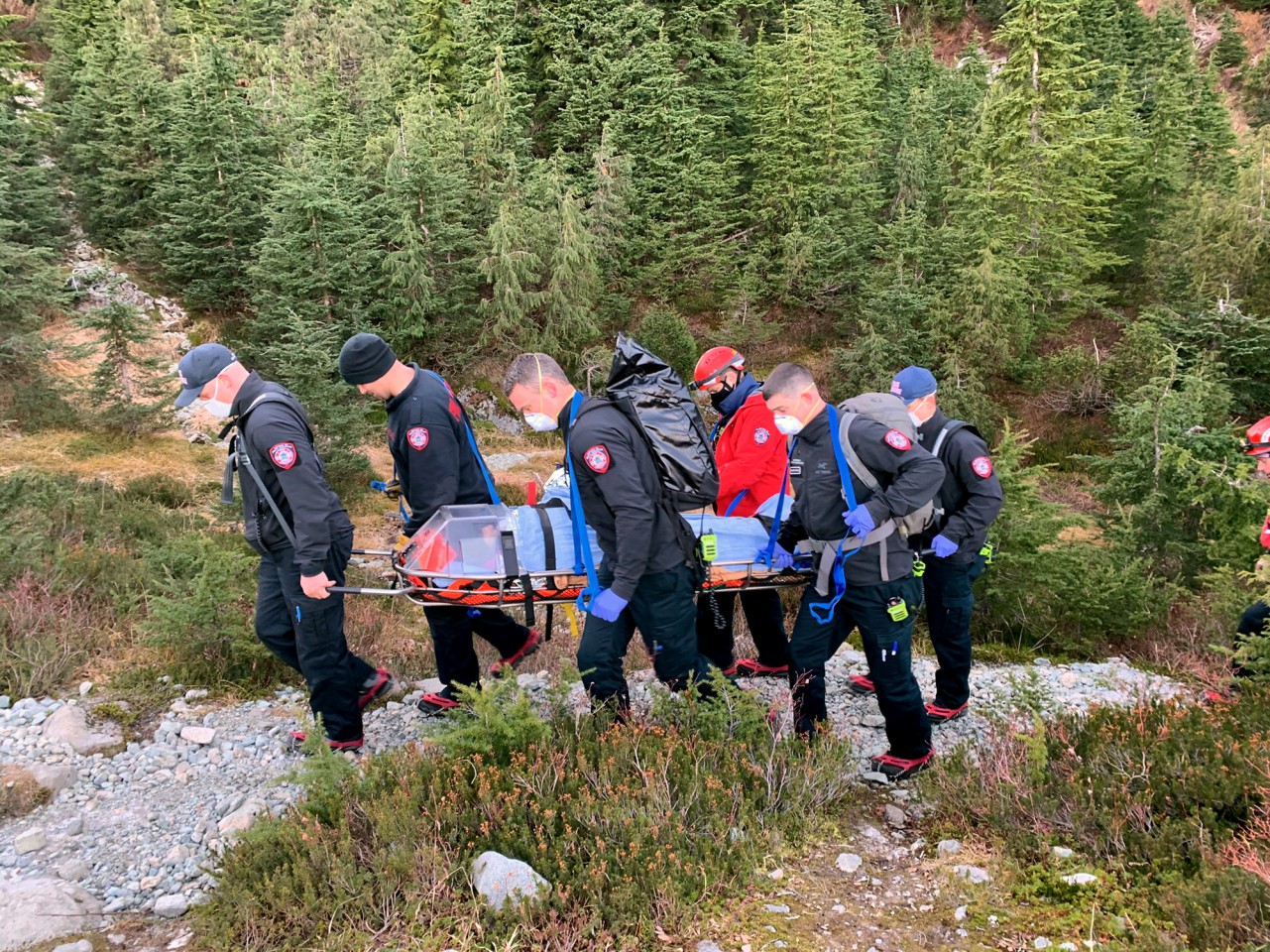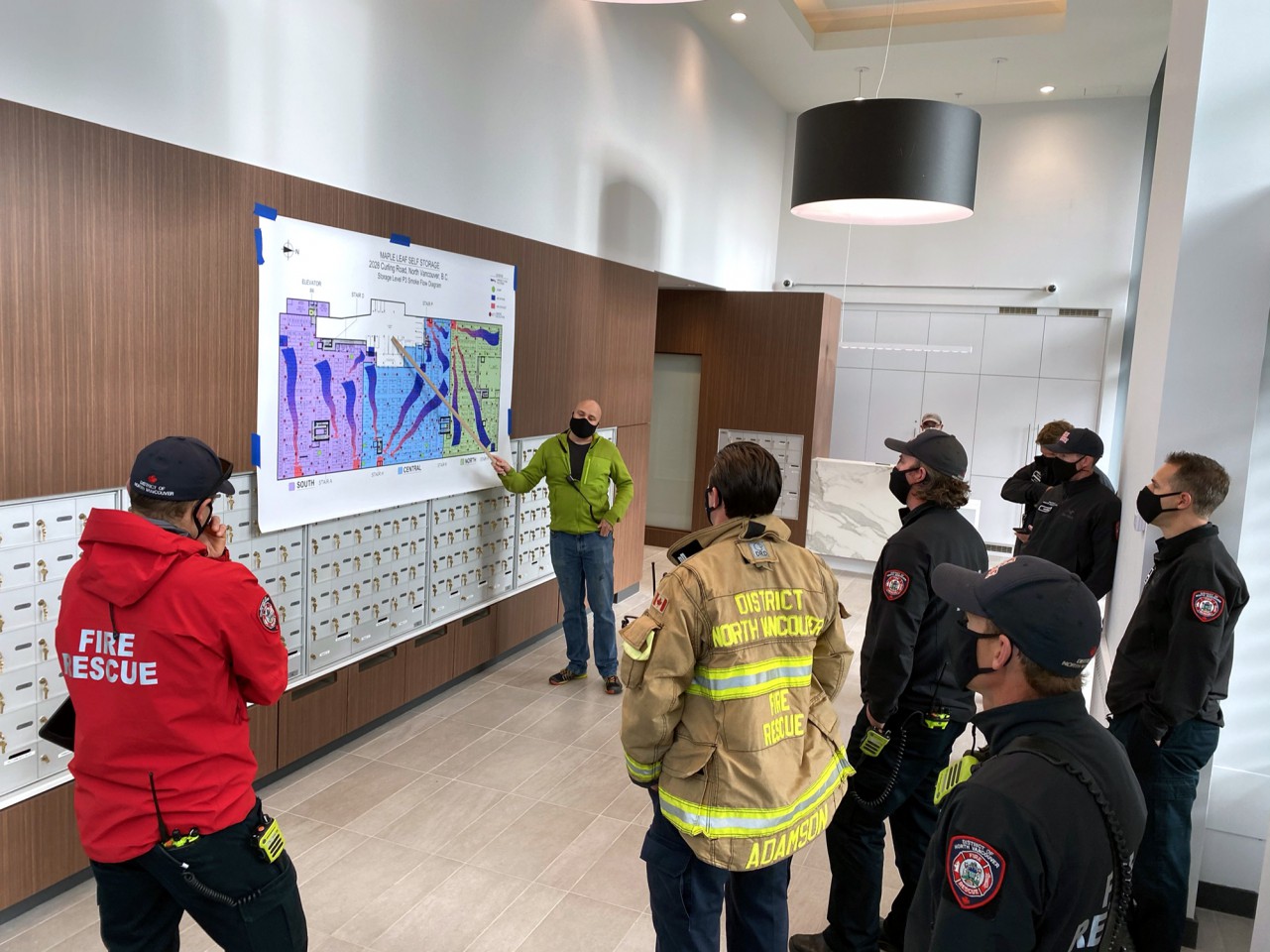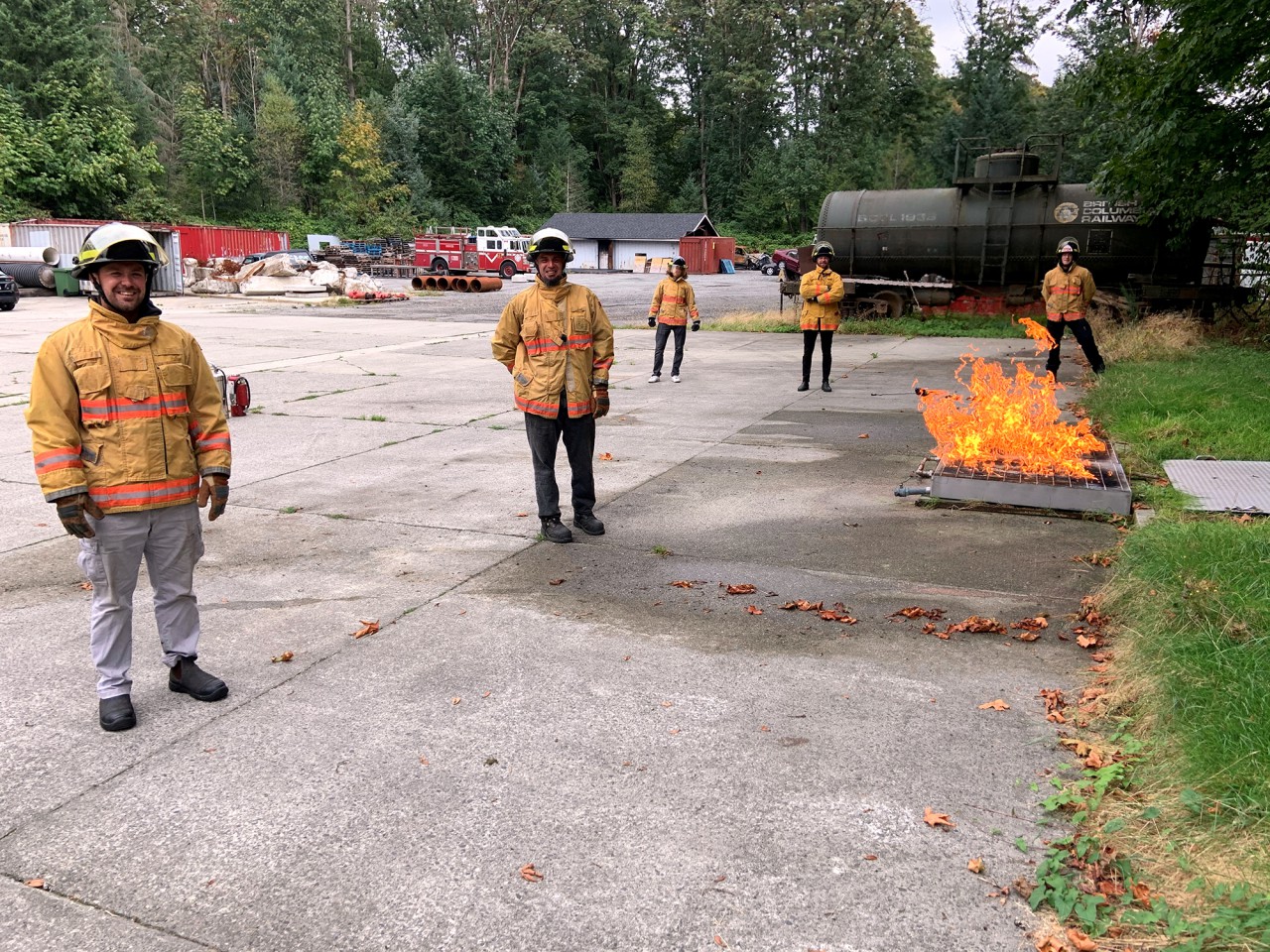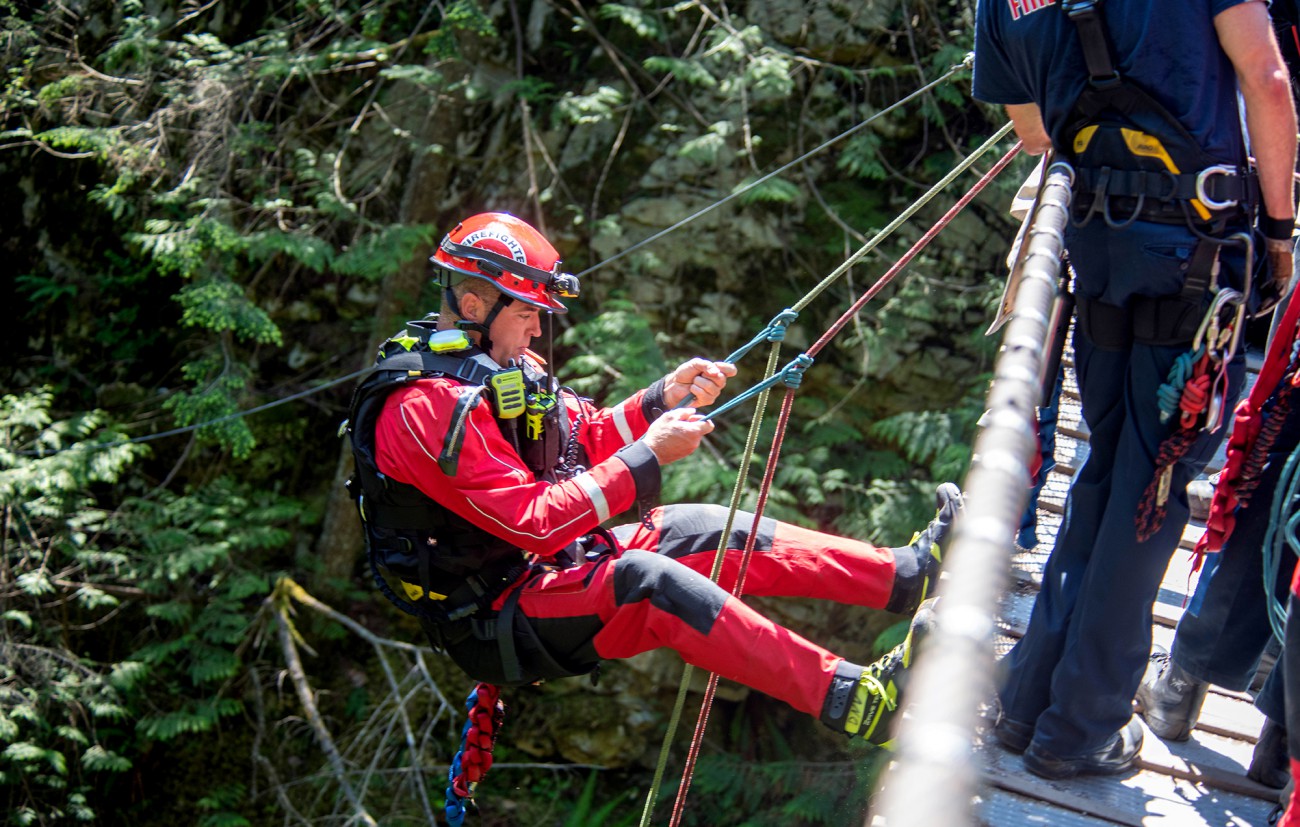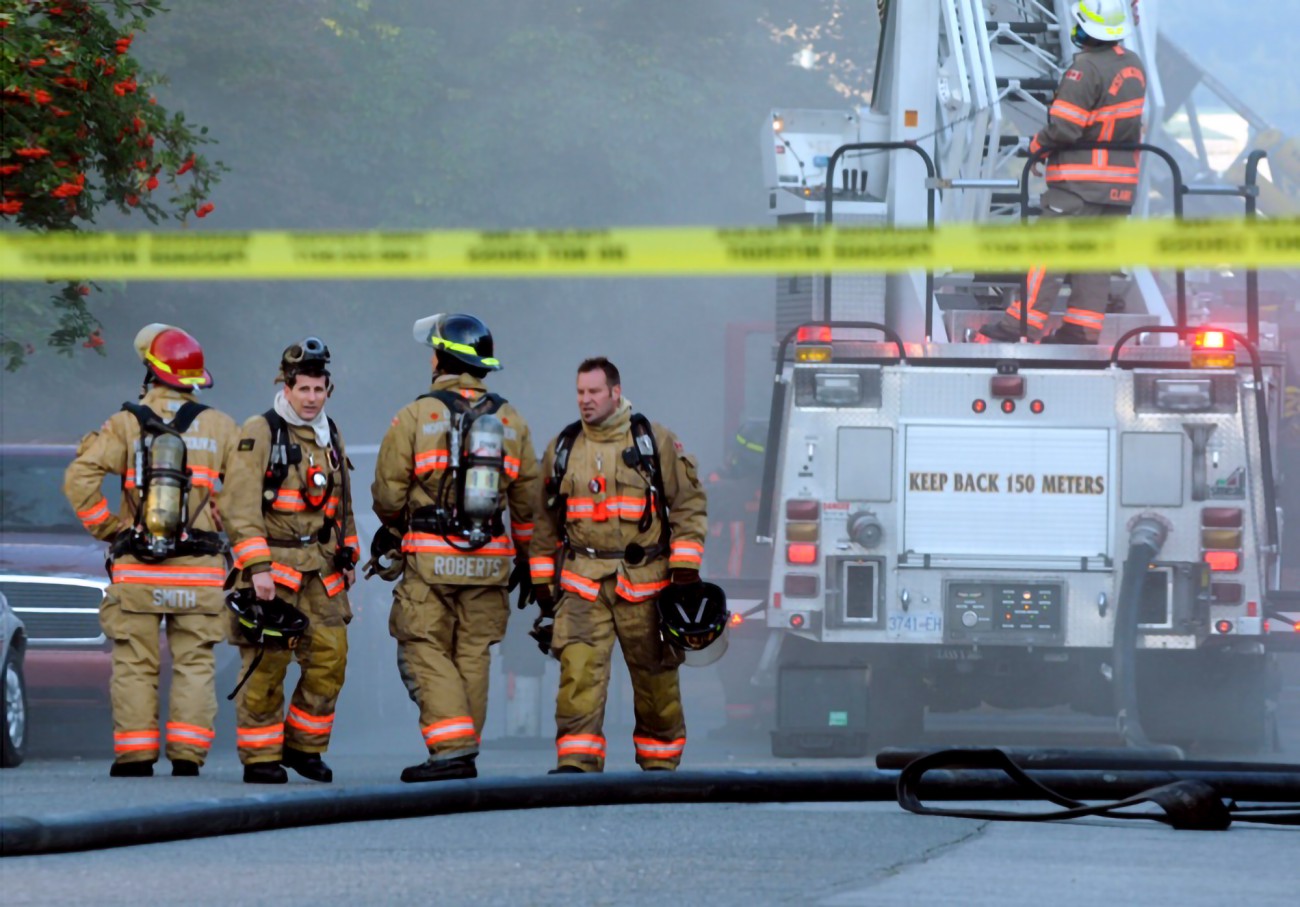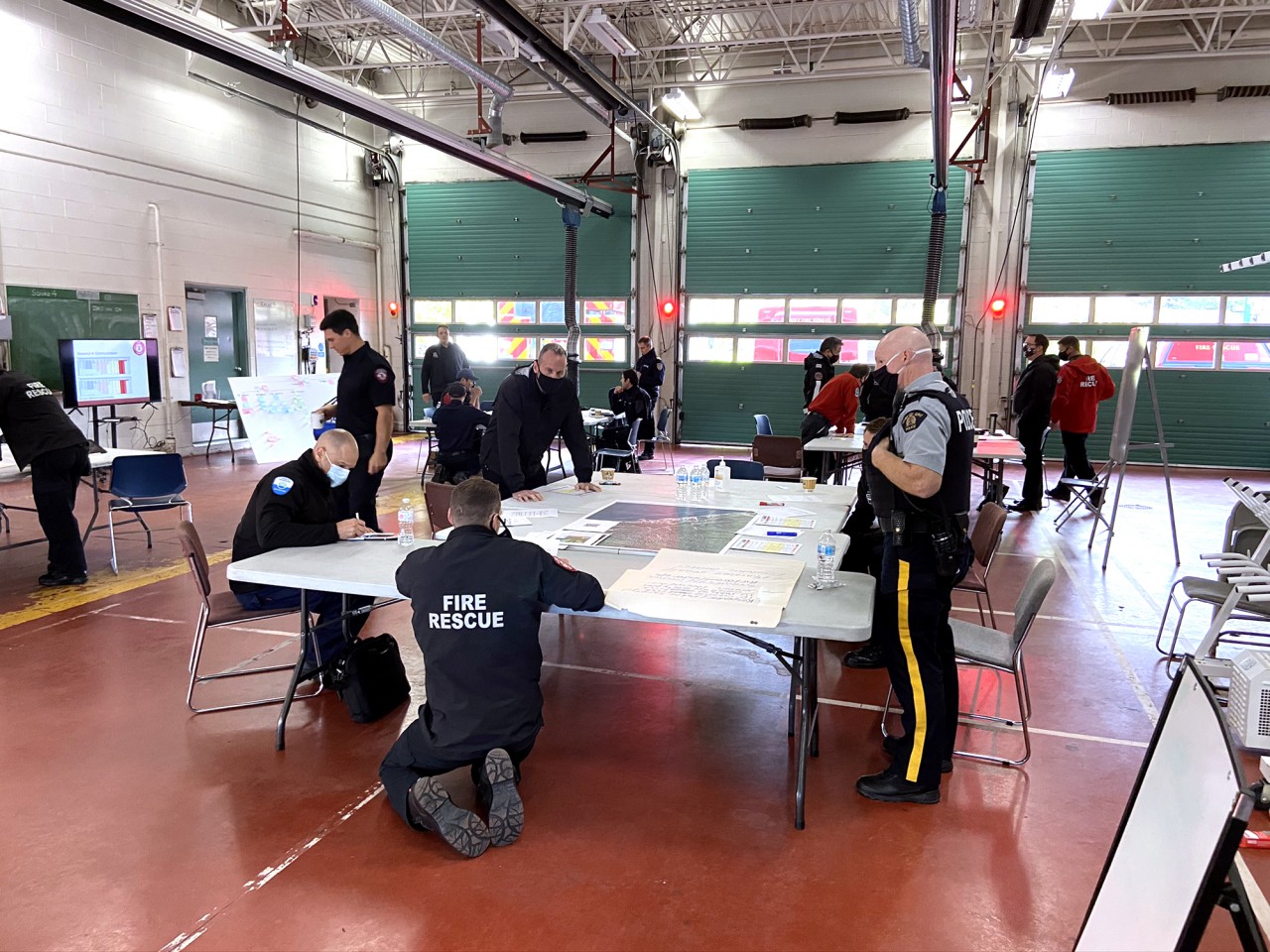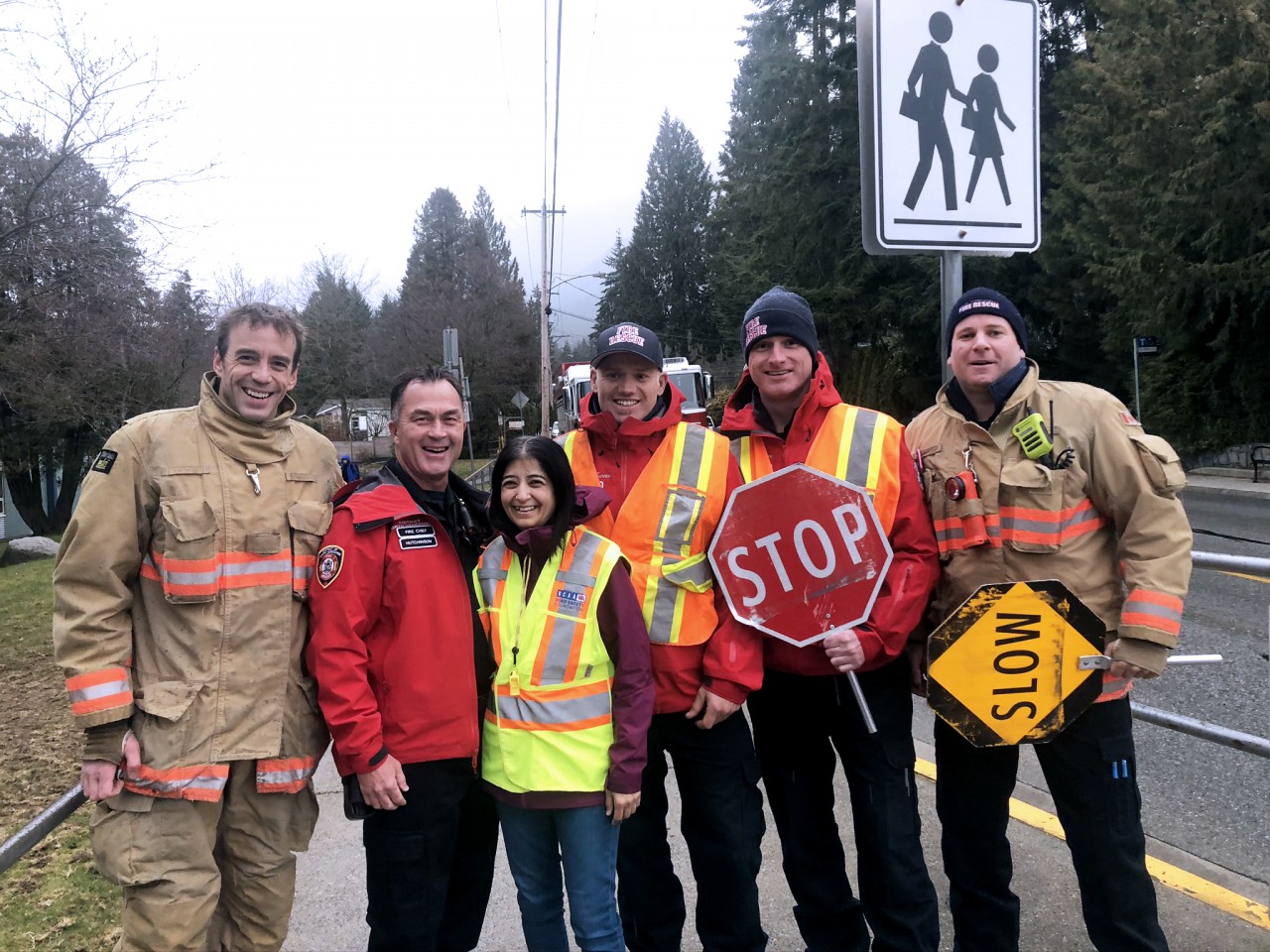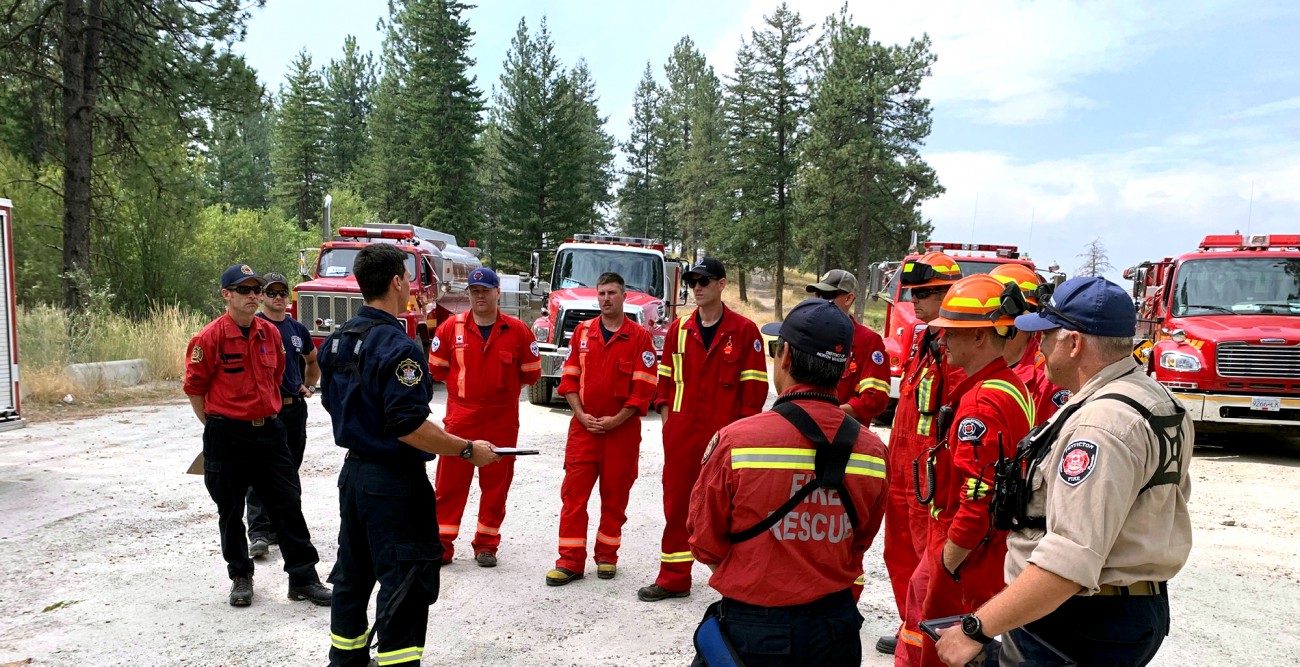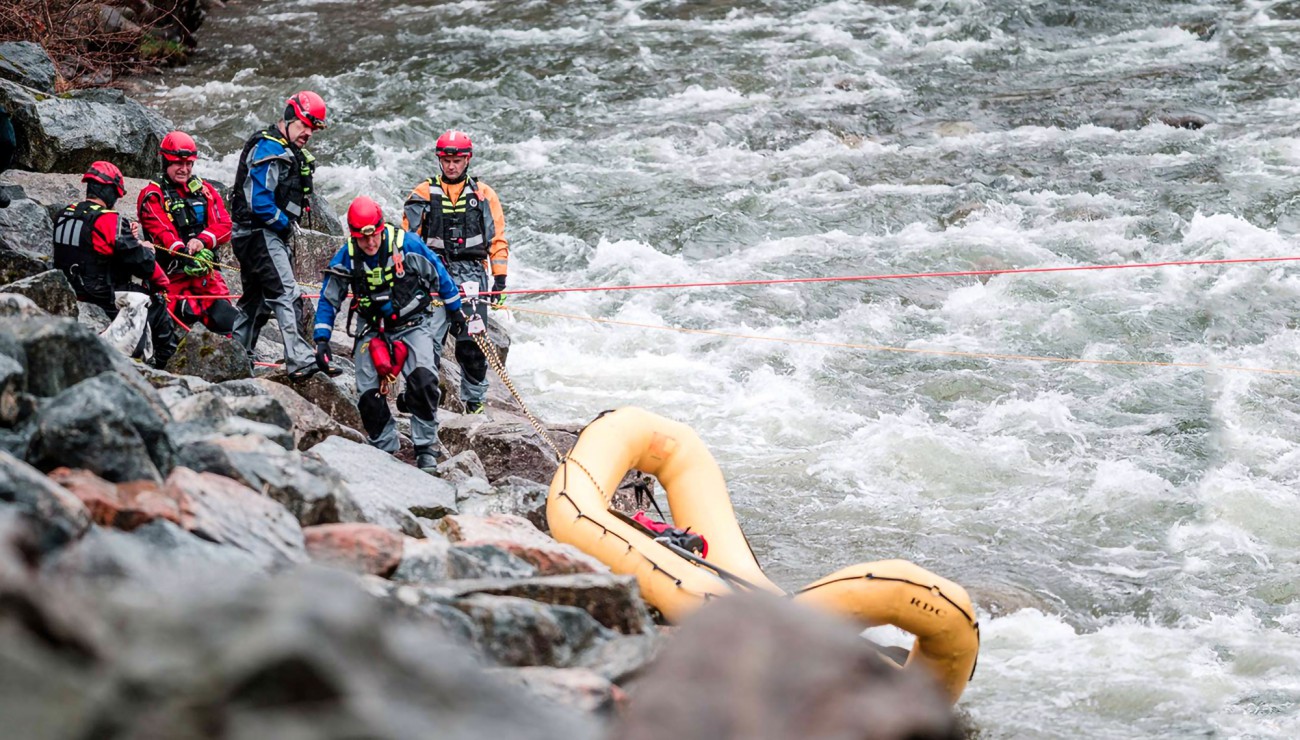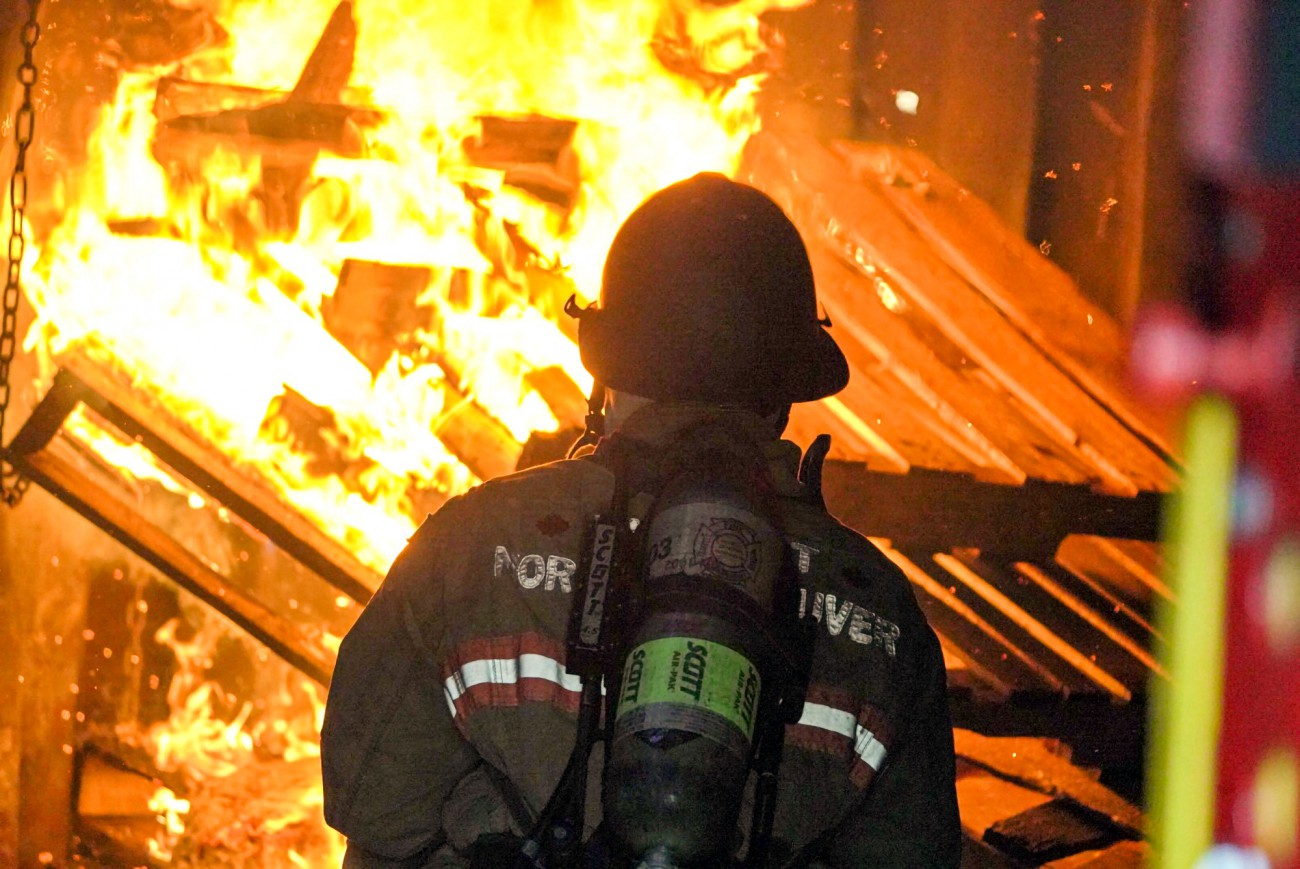Fire and Rescue Annual Report 2020
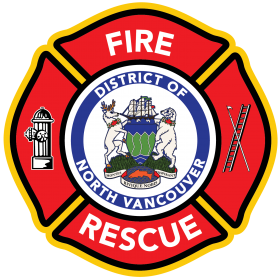
District of North Vancouver Fire and Rescue Services (DNVFRS) provides essential emergency, risk education, and support services to our community.
We are committed to reducing life and property loss due to fire, and promoting public safety through fire education and awareness.
This report is a concise summary of our work and achievements in 2020.
Explore Our Report
Select any tile to view a brief summary of the corresponding report section. To read further, select the "read more" button in the summary to launch a detailed page.
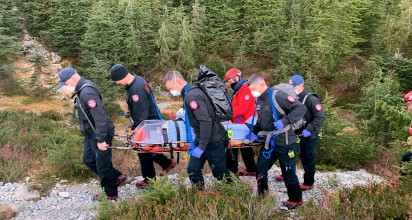
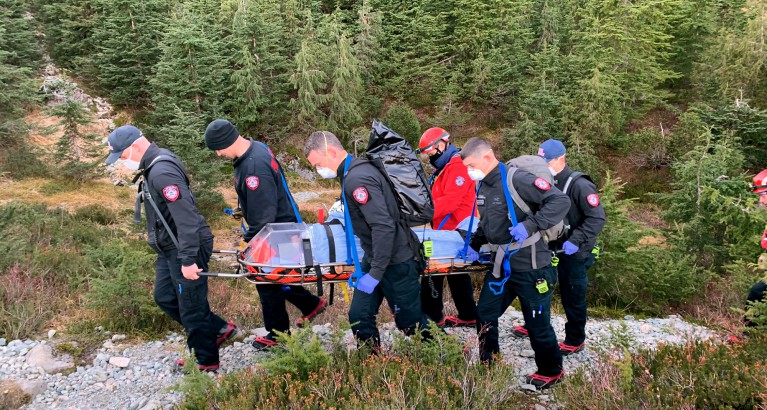
Learn more about the DNVFRS
We deliver services to the community through an integrated approach that encompasses response, outreach, and prevention.
The District of North Vancouver Fire & Rescue Services (DNVFRS) is a mission-oriented emergency services agency focused on the safety and well-being of our community.
Our members deliver services through an integrated approach that encompasses emergency response for fire, rescue, and life safety, and community risk reduction through public safety programs, including risk-based inspections, fire investigation, plan review, and targeted public education.
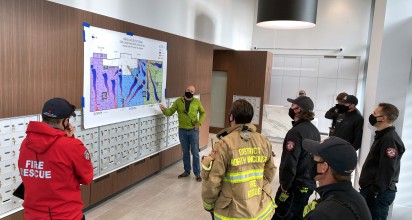
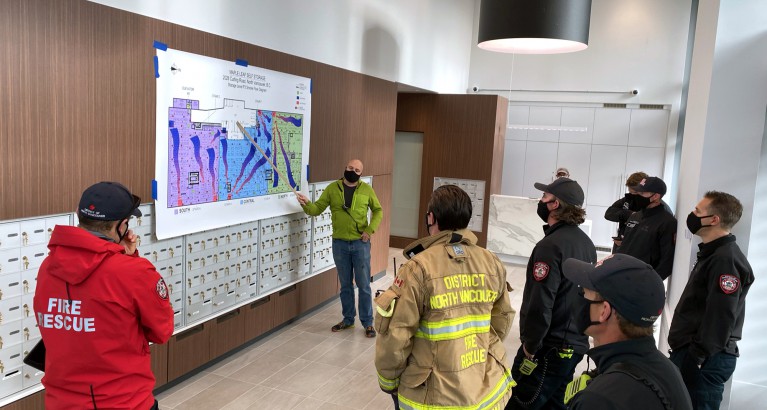
COVID-19 pandemic response
DNVFRS quickly adapted to deliver emergency services safely and responsibly during a pandemic.
The emergence of a global pandemic in March of 2020 required the DNVFRS to quickly adapt and develop a strategy that would allow us to maintain our current level of professional emergency services safely and responsibly.
In order to achieve that goal, we introduced a variety of initiatives in 2020.
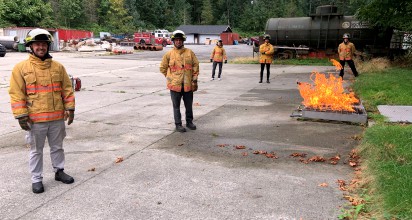
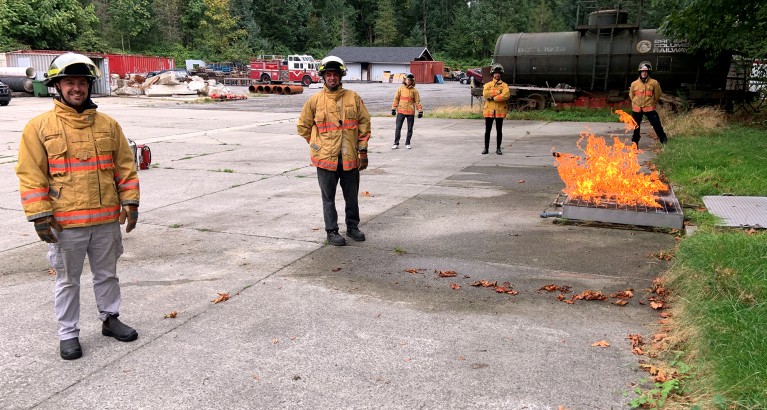
Reducing Risk
In 2020, we conducted 101 fire investigations, and completed 4,267 inspections and 67 fire safety plans.
The top priority for the DNVFRS is to deliver exceptional emergency services. An important part of this service delivery is to minimize the existing risks in our community. If we can prevent fires and emergencies from happening, we can greatly reduce the risk and increase the safety of our residents.
We pursue this goal by investigating fires to understand where they started and what caused them, by working with builders and developers to ensure that measures are in place to limit fire risk, and by regularly inspecting commercial, industrial, and multi-family buildings to ensure they comply with all fire codes and standards. In 2020, we conducted 101 fire investigations, and completed 4,267 inspections and 67 fire safety plans.
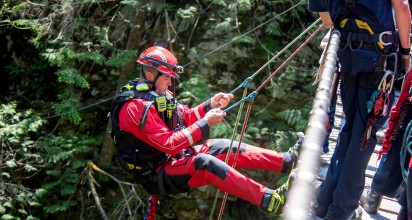
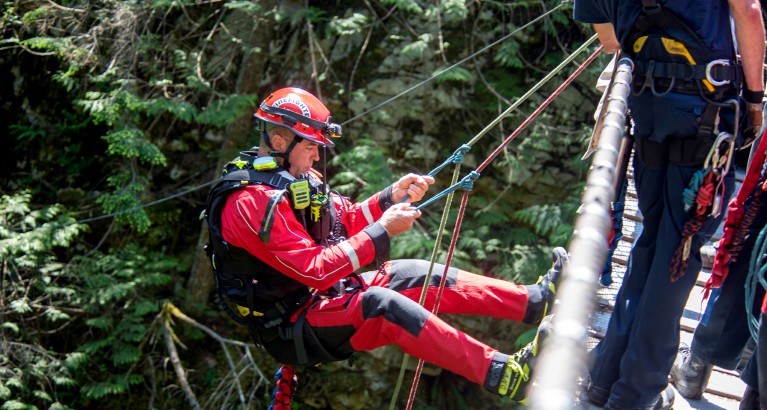
Fire service accreditation
We are committed to attaining and maintaining CFAI accreditation.
In 2018, we began a multi-year process to become an accredited fire service through the Commission on Fire Service Accreditation (CFAI).
The journey to accreditation exemplifies our commitment to establishing a culture of self-improvement and providing the community with an innovative, progressive fire department that meets and exceeds expectations.
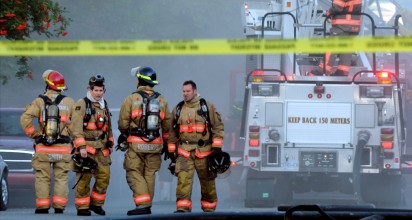
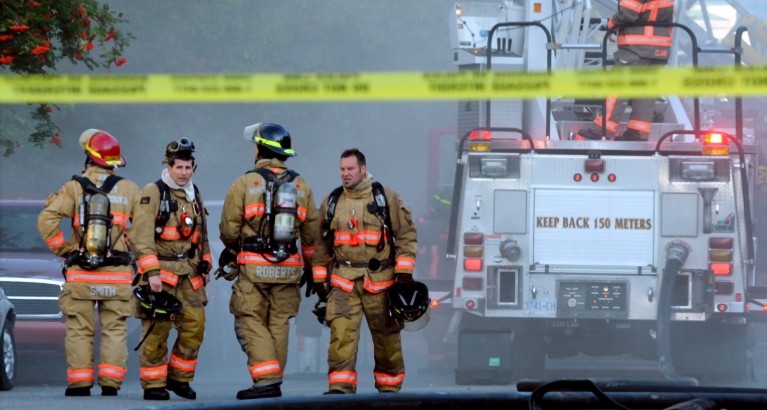
Responding to incidents
In 2020, we responded to 5,192 incidents, either on our own or as part of a tri-municipal effort.
Our firefighters are highly trained, experienced, and industry certified to fight fires of all types, from those in structures to fires in vehicles and boats.
In addition to battling fires, our firefighters routinely respond to calls for medical assistance, rescues of all kinds, hazardous material concerns, requests for public assistance, and more.
In 2020, we responded to 5,192 incidents, either on our own or as part of a tri-municipal effort. Our average turnout time was 2 minutes and 16 seconds, and our average response time was 8 minutes and 29 seconds.
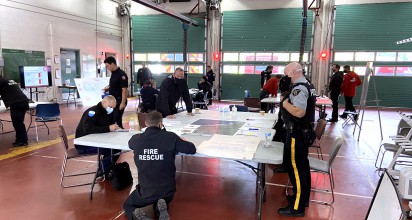
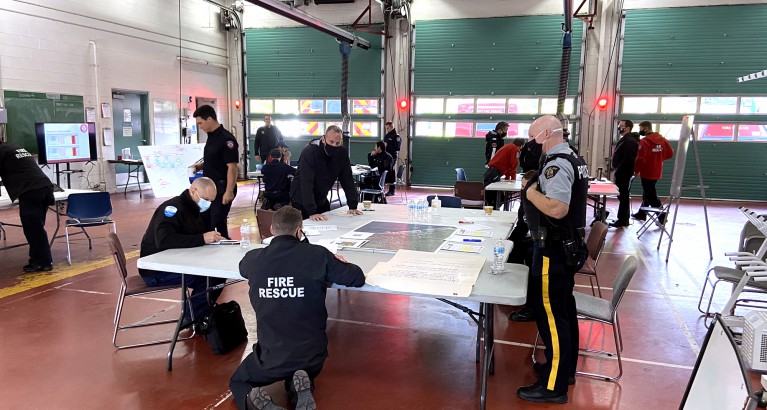
Planning for emergencies
By developing a team and participating in exercises, our capacity to deal with major emergencies increased significantly.
The ongoing COVID-19 pandemic is but one example of how the DNVFRS uses all-hazards planning to develop the capacity to deal with multiple emergencies that may impact the community.
Helping prepare for, respond to, and recover from major North Shore-wide emergencies is a significant focus of our fire and rescue service. Our comprehensive major emergency operations plan and pandemic/infectious disease plan are living documents that are continually updated to stay relevant and effective.
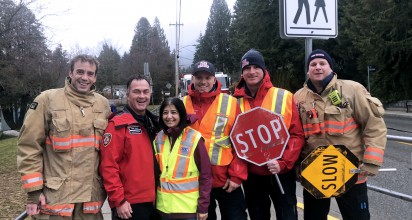
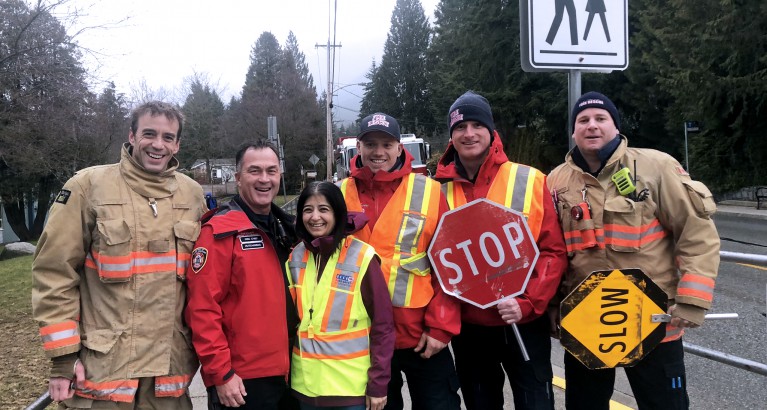
In the community
We hosted 364 events with over 8,000 people to learn about fire safety and to get to know our firefighters.
Serving in and caring for our community is our top priority, and we take pride in the work we do for our residents and businesses.
Whether it’s teaching fire safety to children, helping our seniors plan and practice evacuation in an emergency, or demonstrating the tools and techniques we use daily to help keep everyone safe, we are always looking for opportunities to connect with people.
Despite the many challenges presented by the global pandemic, we offered a number of COVID-19 friendly events aimed at increasing public awareness and safety throughout 2020.
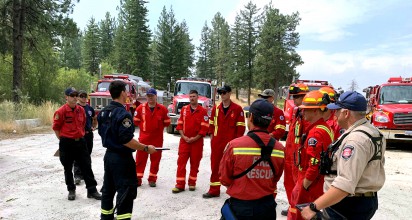
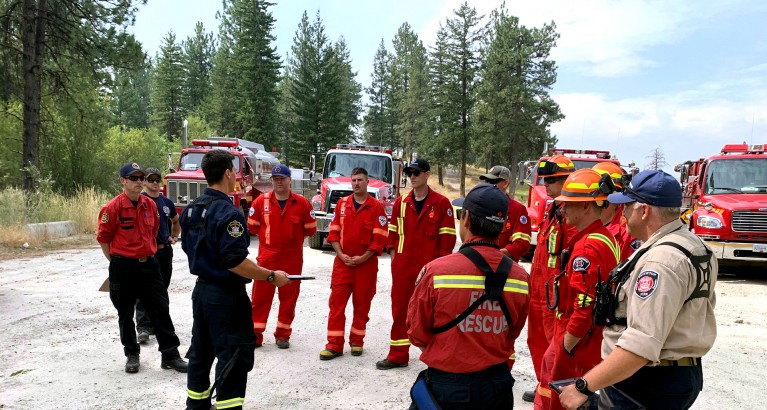
Wildfire preparedness & response
Our firefighters take part in annual training and exercises to practice interagency response to a potential wildfire.
The District of North Vancouver has a significant amount of area where our community meets the forest, which may be especially vulnerable to wildfire damage.
Our wildfire preparedness and readiness capabilities are enhanced through programs, partnerships, and training, as well as grant and funding opportunities.
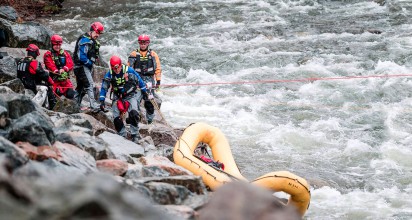
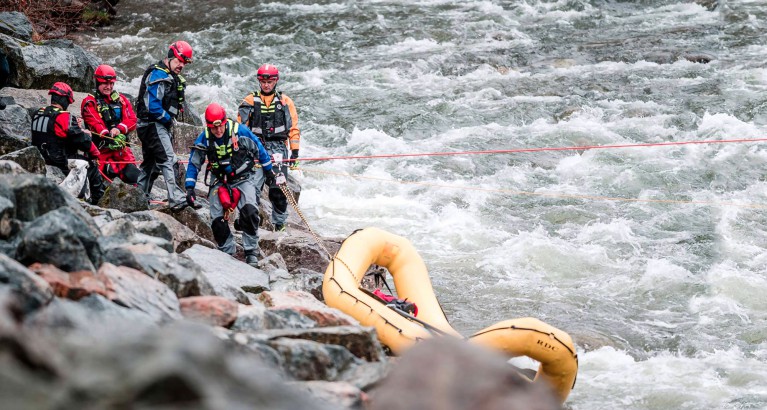
Team building
The women and men of DNVFRS are our greatest asset. We provided 12,417 hours of specialized training in 2020.
We are continually working to develop and support our diverse and inclusive team of dedicated professionals.
In 2020, we had a training budget of $399,768, which allowed us to provide 12,417 hours of specialized training to 126 men and women.


Financial highlights
Our 2020 operating budget was $22,037,147.
Our 2020 operating budget was $22,037,147.
Fire rescue and operations accounted for the largest piece, at 61% of the total budget.
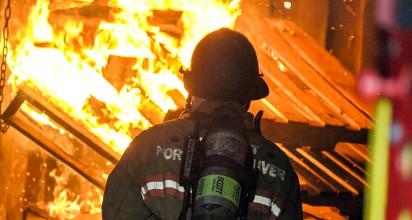
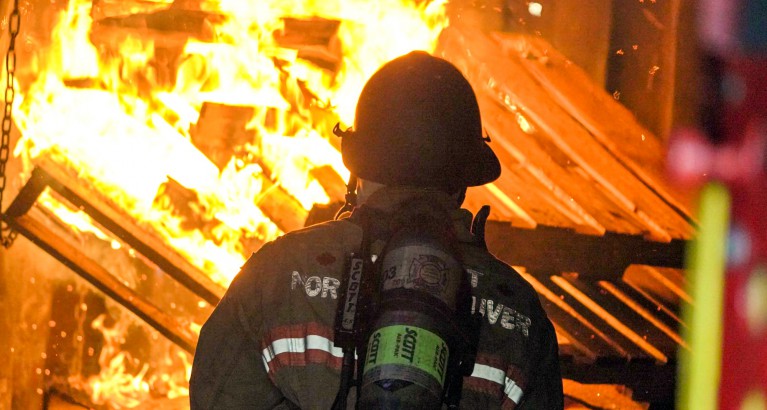
Looking ahead to 2021
As the DNVFRS looks to the future, we will maintain a heightened awareness of the changes facing our community.
The District was one of the first communities in Canada impacted by the pandemic.
Maintaining the highest level of service to our citizens required flexibility, adaptability, and a commitment to stay ahead of best practices in the field from our entire organization during these challenging times.

